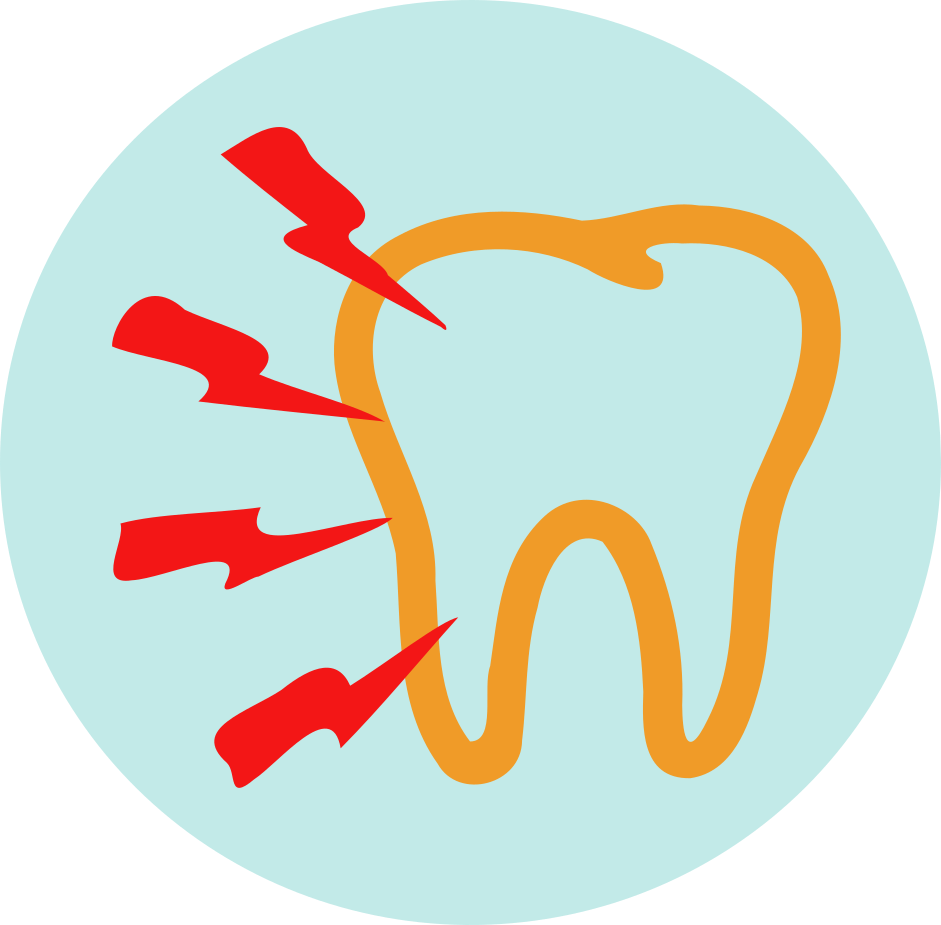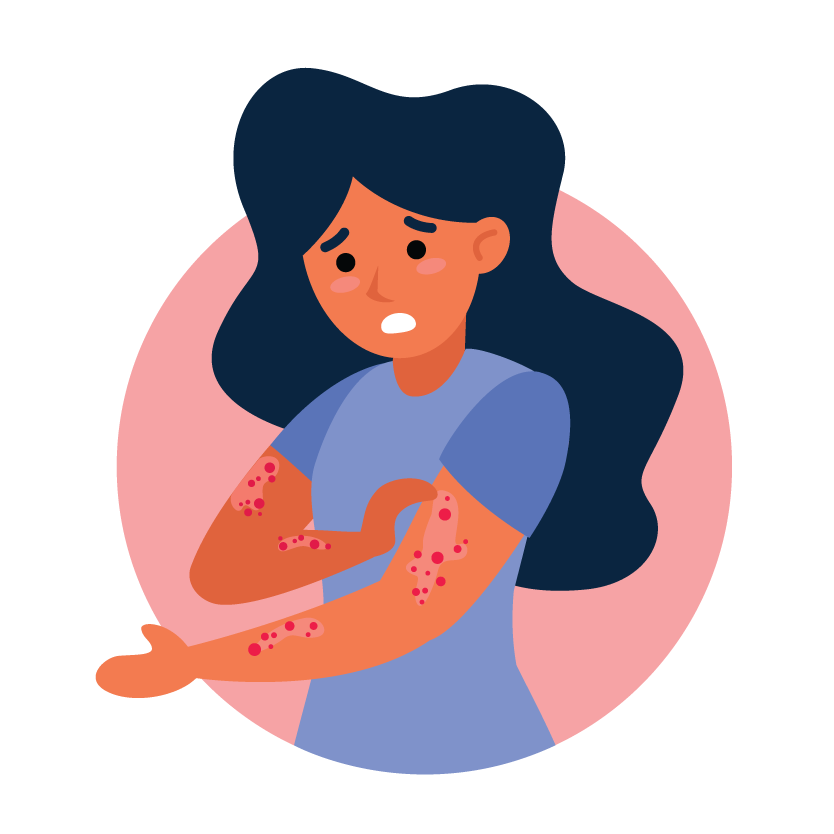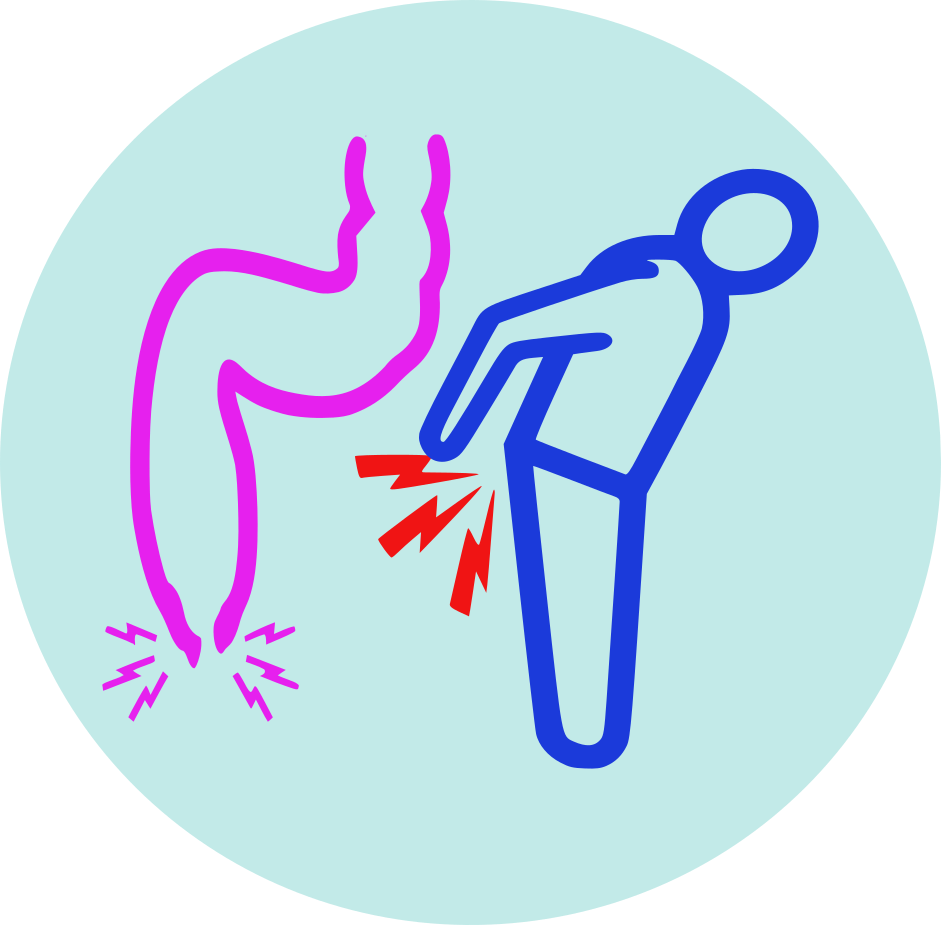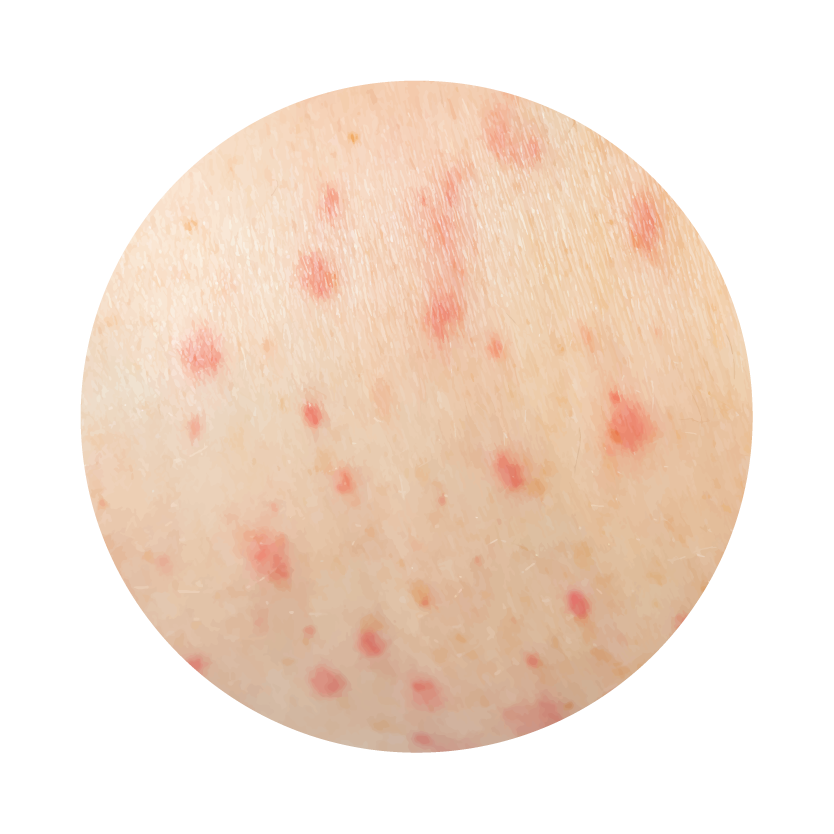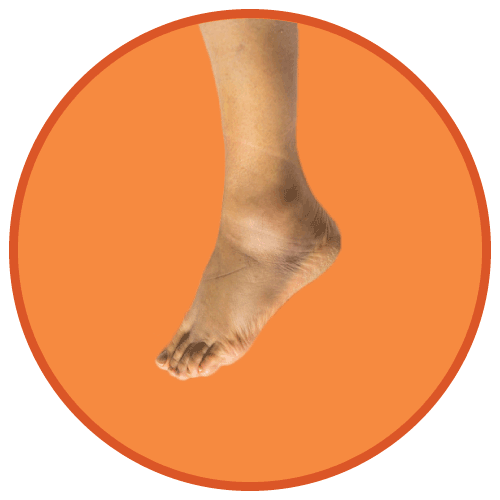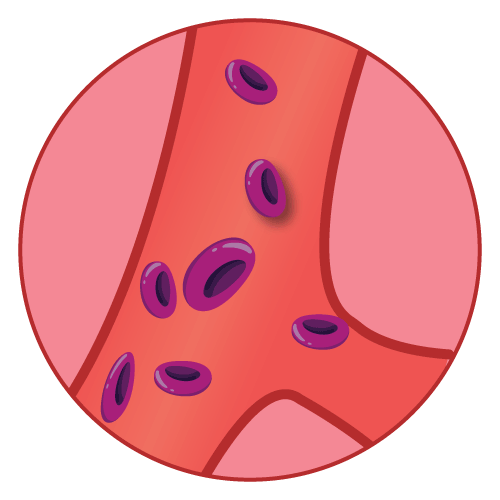| Name | Benzocaine |
| Classes |
Dermatological/Topical Agent Anesthetic Local Anesthetic |
| Diseases |
Bee String Canker Sore Hemorrhoid Infectious Disease Otitis Pain Premature Ejaculation Sore Throat |
Benzocaine
Benzocaine is a local anesthetic. Benzocaine diffuses into nerve cells, where it binds to sodium channels, preventing them from opening and blocking sodium ion influx. Nerve cells that are unable to allow sodium into their cells are unable to depolarize and conduct nerve impulses.
Benzocaine is indicated for symptomatic relief of-
- minor pain
- itching
- irritation
- insect bites
- external genital itching
- external anal itching
- dental pain/dental procedures/canker sore
- Benzocaine is available as a cream.
- Apply a small amount to the affected area up to 3 times a day.
- If symptoms persists for more than 7 days, or worsens, seek medical advice.
Side effects with medication are uncommon. Nevertheless, the following adverse reactions may occur-
- allergies
- swelling
- Local anaesthetics should not be used in patients who have complete heart block.
- Not to be used on large areas of the body, on the mouth or eyes, or in situations where significant inhalation is likely.
- This medication contains citronellol, benzyl benzoate, geraniol, benzyl alcohol, citral, cinnamal, alcohol, linalool, and d-limonene, which may cause allergic reactions.
- Benzyl benzoate and benzyl alcohol may cause local irritation.
Contraindication
- Contraindicated in patients hypersensitive to benzocaine or other local anesthetics, such as-
- Concomitant use with sulfonamides is contraindicated.
- Concomitant use with cholinesterase is contraindicated.
None known.
- Contraindicated in-
-
- methemoglobinemia
- Do not apply to large areas of skin, eczematous, sunburnt, infected or broken skin.
 Bangla
Bangla English
English